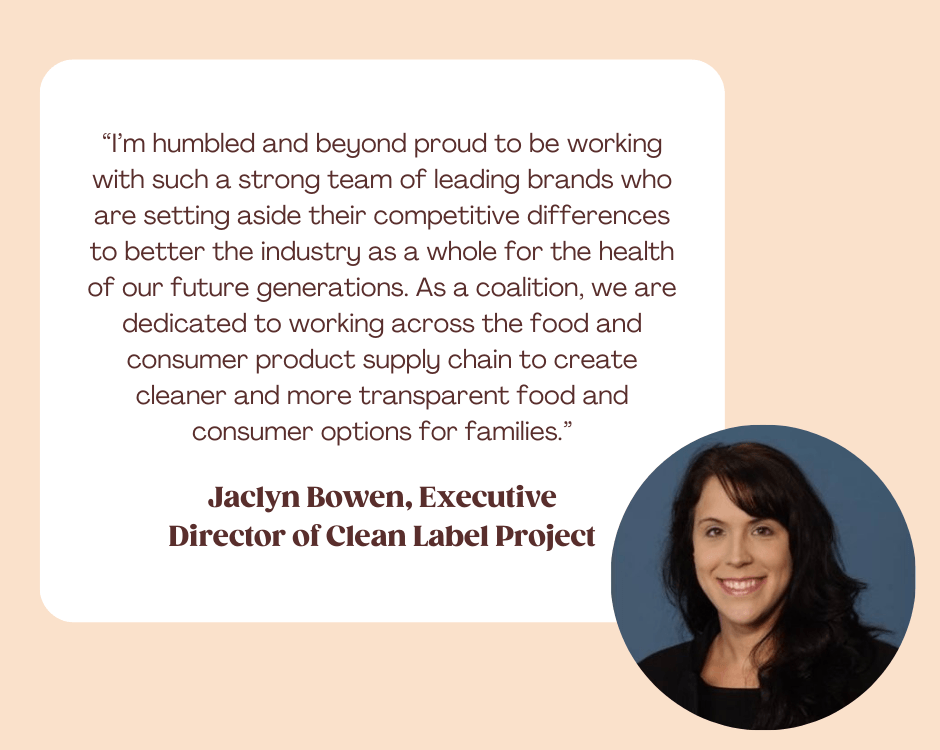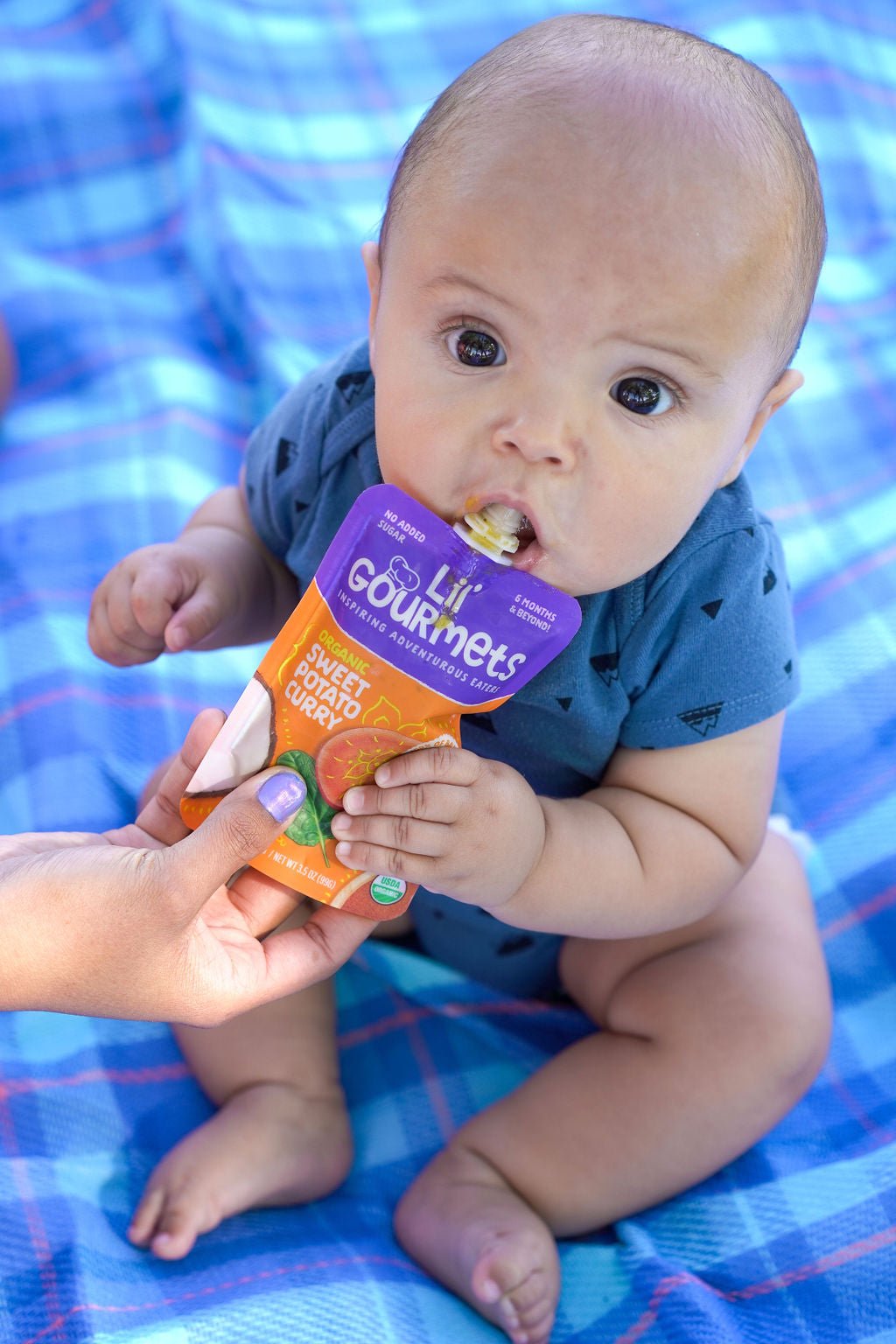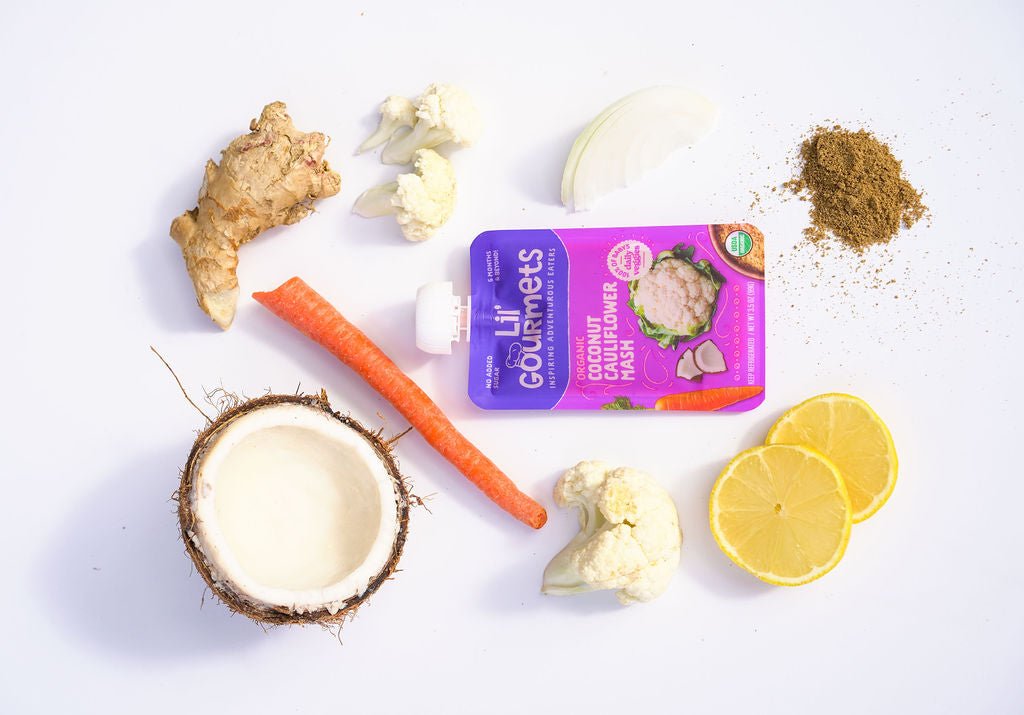
Getting started...with veggies!
Your pediatrician will recommend that solid food be introduced between 4- 6 months of age. Starting solids closer to 6 months has been shown to prevent obesity in the long run. We suggest starting with vegetables and then move to fruit as dessert over time. Avocados are a great starter food as they are soft, rich in taste, and full of omega 3's.
Embrace variety
There is a growing consensus from food experts that babies do not need to start with eating one vegetable or fruit at a time, unless, there is a strong family history of food allergies. Given this new school of thought, lil'gourmets is the perfect introductory food for your baby given the low sugar and vegetable dense ingredients. It is important to expose infants to a wide variety of healthy textures, colors, and flavors in the first few months. Per the World Health Organization (WHO), introducing solids should be nutritionally-adequate (i.e. nutrient-dense), and "should be given in amounts, frequency, consistency and using a variety of foods to cover the nutritional needs of the growing child.”
Add spices for flavor
Natural flavor enhancers such as mint, turmeric, lemon and ginger are great additions to expand the palate. Spices can be started early and cinnamon is a great substitute for sugar. If purchasing baby and toddler food, try to purchase products that enhance flavor with herbs and spices, instead of using excess sugar additives, including fruit. Set a goal to purchase products that have 5 grams of sugar per serving or less.Enjoy meal time together
By 6 to 8 months, infants can start eating 3 meals daily and by 9 months, parents can include two snacks as well. Mirror healthy eating habits and make sure to eat the food your infant is eating; they are very perceptive and are more likely to eat the foods they see their parents eating!For more information, explore these other great resources: healthychildren.org, CDC (Centers for Disease Control & Prevention), and WHO.




